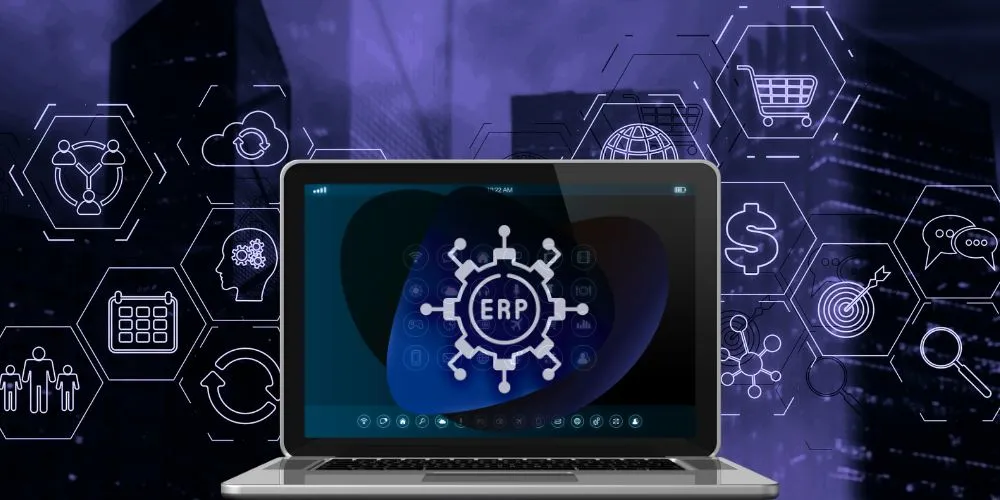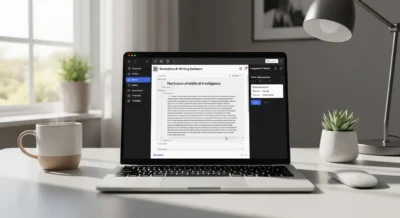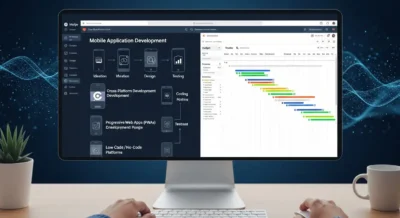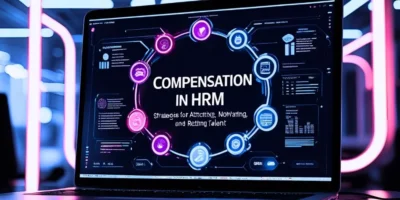Enterprise Resource Planning (ERP) systems are central to managing core business operations. Monolithic ERP systems have traditionally dominated the landscape, offering a single, unified platform. However, modular ERP systems are gaining traction, promising flexibility and scalability. This opinion examines the future of ERP by comparing modular and monolithic approaches, using scientific data to evaluate their relevance in modern business environments.
Advantages of Monolithic ERP Systems
Monolithic ERP systems integrate all functionalities—finance, supply chain, human resources—into a cohesive platform. They offer streamlined workflows, reducing data silos and ensuring consistency. A 2022 Gartner study reported that businesses using monolithic ERPs experienced fewer integration challenges than modular systems. Furthermore, monolithic ERPs often come with comprehensive support and updates, reducing the need for third-party involvement.
Flexibility and Scalability of Modular ERP
Modular ERP systems allow businesses to select specific modules tailored to their needs. This flexibility is invaluable for small and medium-sized enterprises (SMEs) that cannot afford the cost or complexity of a full-scale ERP. According to a 2023 IDC report, most SMEs implementing modular ERPs experienced a 30% reduction in deployment time compared to monolithic systems. Additionally, modular ERPs are more adaptable to emerging technologies, such as artificial intelligence (AI) and machine learning, enabling businesses to stay competitive.
Challenges in Both Approaches
Both ERP models come with challenges. Monolithic systems are often criticized for their high upfront costs and inflexibility, making them less suitable for rapidly evolving industries. Modular ERPs, while flexible, can create integration issues between modules, especially when sourced from different vendors. A study from the Journal of Systems and Software in 2023 highlighted that many businesses using modular ERPs faced data inconsistency due to poor integration.
The Hybrid Future
The future of ERP might not be an either-or scenario but a hybrid approach that combines the strengths of both models. Hybrid ERPs offer a monolithic core for critical operations while integrating modular components for specialized functions. This blend can provide stability, flexibility, and scalability.
Conclusion
The debate between modular and monolithic ERP systems reflects the evolving needs of modern businesses. While monolithic ERPs excel in integration and reliability, modular systems offer unmatched flexibility and cost-efficiency. The hybrid approach could emerge as the ideal solution, offering businesses a balanced, future-ready ERP framework tailored to their unique requirements.













